The previous articles covered the foundation of fighting nutrition: the best pre- and post-workout meals, fight day nutrition, and what your everyday diet should include. This article will cover the essential supplements for fighters, and the next ones will cover supplementation for better performance and recovery.
The essential supplements for Muay Thai kickboxers and other martial artists are:
- Mineral replenishment: magnesium, calcium & zinc
- Vitamin B: stamina and energy production
- Vitamin C: immunity and resistance to stress
- Vitamin D: energy, mood and immunity
- Omega 3: brain health & anti-inflammation
So, do I need to take all of these? If so, which ones should I get? And when should I take them? Read on for the answer to these questions and more, let’s get into it!
What minerals does a (kick)boxer need
There are many essential minerals that help your body function, of which potassium, sodium, magnesium, calcium, and zinc need replenishing whenever you’ve sweat a lot. While you should get all of these from food too, you may benefit from supplementing calcium, magnesium and zinc after training too.
Magnesium, for example, you lose up to 130 mg per liter of sweat. During 1 hour of kickboxing you generally lose about 1-2 liters of sweat, and up to double if your train in a warm environment! Replenishing magnesium with foods alone requires a disciplined diet, and then it still takes time to digest. The same goes for calcium (unless you really love to eat a lot of dairy after training) and zinc.
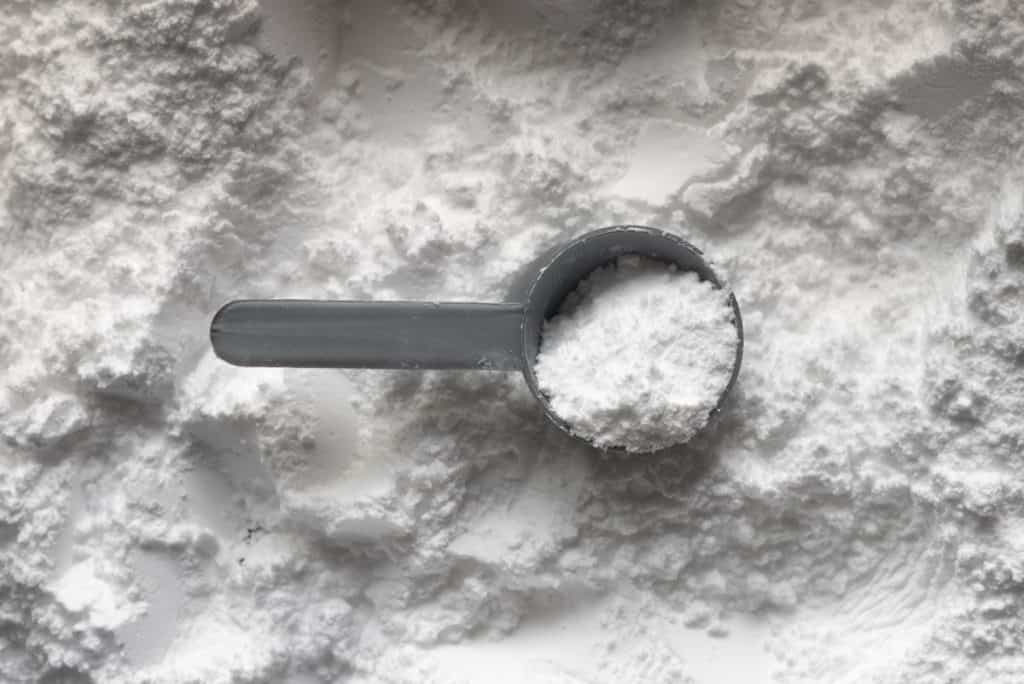
Is mineral supplementation necessary?
Supplementing helps to replenish the minerals that you lose from working out. You may also benefit from supplementing if you
- Drink a lot of alcohol, coffee, tea, cola or other diuretic products
- Eat very little or have a hard time eating right
- Have intestine problems that limit your mineral uptake
A lack of magnesium you will notice through muscle cramps and feeling fatigued, sick and/or drained. While you have little energy during a magnesium deficiency, it will be hard to fall asleep because you need magnesium to relax your muscles.
You will notice a calcium deficiency from having a hard time flexing your muscles. Also, it diminishes your body’s uptake of other minerals. Long-term calcium deficiency can ultimately lead to a descaling of your bones and teeth, which makes them porous and more prone to injury.
In the first place, a zinc deficiency you will recognize by bad energy levels and a weakened immune system, which expresses itself in skin diseases, bad wound healing, and/or an inflamed tongue. Overtime, a lack of zinc decreases your libido and can ultimately make you impotent and unfertile.
What are bioavailable mineral supplements?
In order to be effectively absorbed in the body, mineral supplements are bound to a “carrier.” Organic carriers are more bioavailable, meaning that you will absorb organically bound supplements better. Organic mineral carriers are:
- Citrate
- Taurate
- Gluconate
- Picolinate
- Glycinate
On the label, you will then read “magnesium citrate,” “calcium gluconate” or “zinc picolinate” for example. Non-organically bound mineral supplements will specify “magnesium oxide,” “calcium carbonate,” or “zinc phosphate.”
If there’s no specification on the label, you can assume that the supplement is non-organically bound. Also, if you get a supplement that combines these minerals, chances are that only one of them is organically bound. In the case of magnesium, the best supplements also specify the “elemental magnesium” on the label, because this is the amount of actual magnesium that is in the supplement.
Actually, the best way to absorb minerals like magnesium is via your skin, not by ingesting them. With magnesium oil or cream you can relax specific muscles, and you can use mineral rich salts like Epsom and Dead Sea salt in a (foot)bath to replenish minerals throughout your entire body.
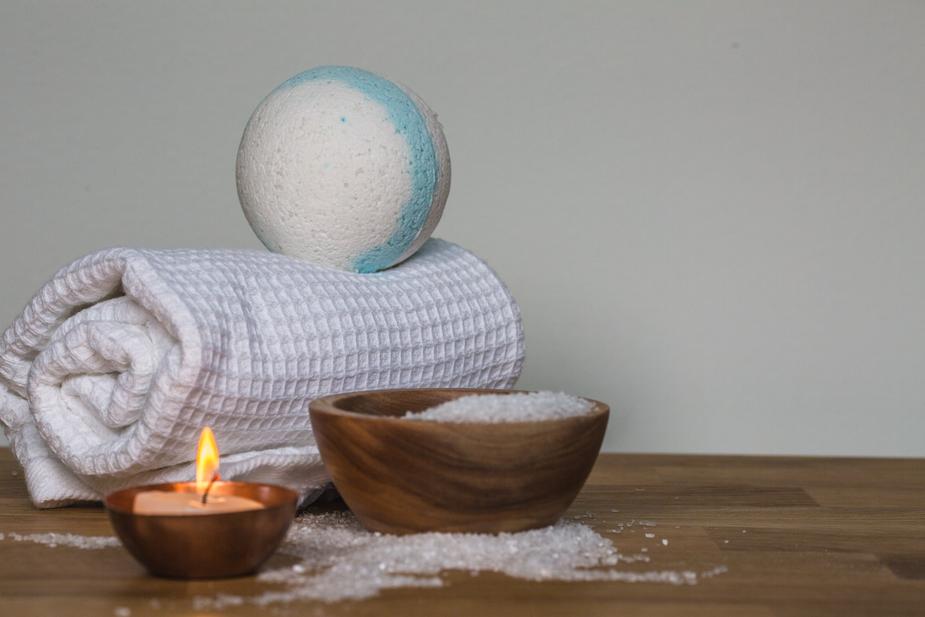
When to take mineral supplements
Take your mineral supplements right after training. A gluconate bound mineral you have to take with food, but all other organically bound mineral supplements you can take on an empty stomach. Still, if this causes distress to your digestive system, consider taking them with a little food.
You can further increase the bioavailability of magnesium, calcium and zinc through specific combinations:
- Vitamin B6 helps to get magnesium into your cells
- Vitamin D3 increases the absorption of calcium into the bones and teeth
- Green tea increases the absorption of zinc
Pro-tip: there are also “natural supplements.” whereas regular sea salt is only comprised of sodium, Himalaya and Celtic sea salt also contain traces of other minerals. Drinking or cooking with these salts is a great way to add some minerals to your diet. Also coconut and mineral water are great ways to increase your mineral intake.
Best vitamins for MMA fighters
Fighters and athletes have an extra need for vitamins B and C. These are the vitamins that you lose through sweat and that impact your performance and recovery. Whether you need extra Vitamin D depends on your age, skin type, where you live, and how much sun you are getting in the middle of the day.
As a multi supplement you can also take Chlorella. This algae derived supplement is high in protein, contains omega 3 and virtually all amino acids, minerals, vitamins, helps to detox your body, and has a lot of chlorophyll, which is good for stamina.
What are B vitamins good for?
B vitamins help produce neurotransmitters like serotonin and red blood cells (our oxygen transporters), and they support the mitochondria (the energy factories of our bodies). The mitochondria produce ATP (adenosine triphosphate) from the food that we eat, and ATP is the fuel for all our cells.
The best sources of vitamin B are organ meat and sea fruit. In addition, you can get B vitamins from other animal products, dried shiitakes, dark leafy greens, nuts, beans, legumes, citrus fruits, and whole grains products. However, for vitamin B12 you are limited to animal products, mushrooms, and fortified foods like nutritional and beer yeast.
When do you need Vitamin B supplements?
Vitamin B you can get plenty from foods alone. However, if you don’t eat any animal products or fortified foods you need vitamin B12 supplementation. If you have a poor diet and/or digestive issues, you may benefit from supplementing with a “vitamin B complex” (containing all 8 B vitamins).
Do you ever eat sea food (or are you open to try it)? With a few mussels, cockles, and/or oysters you have enough vitamin B12 for a whole week. Moreover, if you eat a big portion, you can even stock up on vitamin B12, for this is the only B vitamin that your body can store for a longer time.
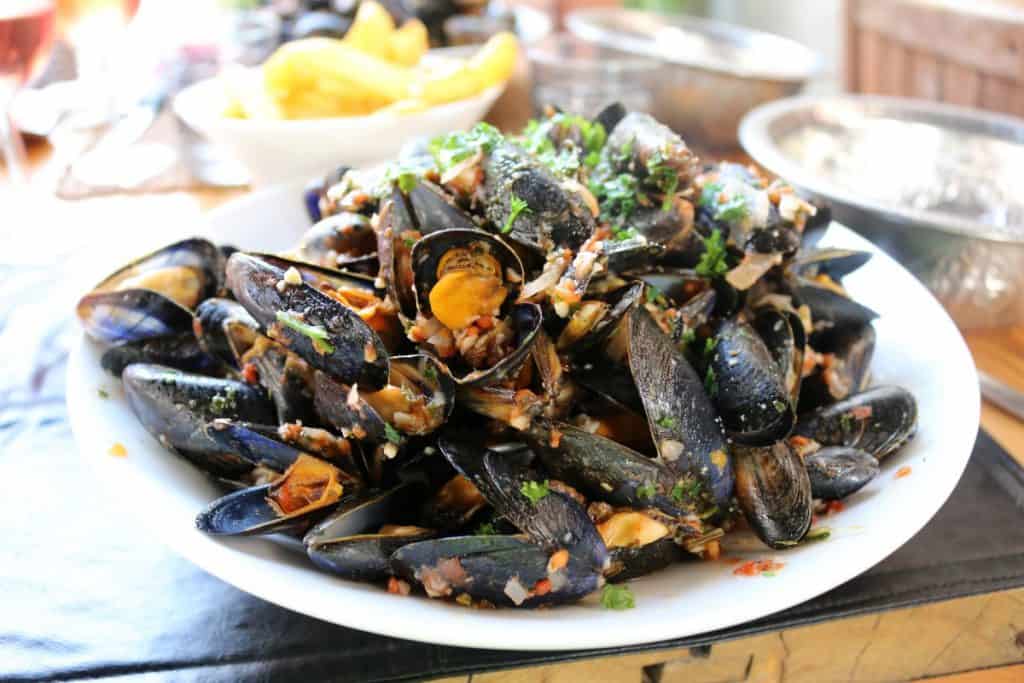
What is the most bioavailable form of vitamin B?
When it comes to supplementing vitamin B, it’s important to get vitamin B2, B6, B9, and B12 in their “active,” most bioavailable form. On the label, they will be specified as follows:
- Riboflavin-5-phosphate = Vitamin B2 or “riboflavin”
- Pyridoxal-5-phosphate = Vitamin B6 or “pyridoxine”
- 5-methyltetrahydrofolic acid = Vitamin B9 or “folate”
- Methylcobalamin = Vitamin B12 or “cobalamin”
Take your vitamin B supplement(s) during the first meal of your day. This way, you benefit from an increased energy production from the foods that you eat throughout the entire day.
Is Vitamin C good for kickboxing?
Yes, vitamin C mitigates the stress caused by intense exercise like kickboxing and supports immunity, the nervous system, and mood. Also, it improves energy levels by increasing the absorption of iron and helps creating collagen, which keeps your bones, skin, blood vessels, tendons, and cartilage flexible and strong.
Vitamin C’s immunity support comes from protecting your body against “oxidative stress.” Just like metal rusts due to oxidation, our bodies suffer from a rust-like process due to oxidative stress. While this is a natural byproduct of breathing too, it is exacerbated by things like alcohol, tabaco, pollution, UV-light, and chronic and acute stress like a kickboxing training/fight.
Do you need more vitamin C if you exercise?
The RDI for vitamin C is 75–90 mg. You easily get this from fruits, herbs, peppers, cruciferous vegetables, or superfoods (or by blending them in a smoothie). However, when you’re pushing your workouts to the limit and your health starts waning, your need to increase you vitamin C intake.
Back in our evolutionary process we used to make our own vitamin C, just like plants and animals do. However, over time we started getting more and more vitamin C from food intake and we lost the function to make it ourselves. If we compare the vitamin C production of an animal whose weight is comparable to the weight of an average human we get to about 1–3 grams per day, that’s 11–40 times as much as the RDI. Moreover, if plants or animals are overstressed (or “overtrained” in our case) they start making up to double the amount of vitamin C: 2–6 grams per day, or 22–80 times as much as the RDI.
In other words, the optimum amount of vitamin C is probably far above the recommended daily intake, especially if you exercise regularly.
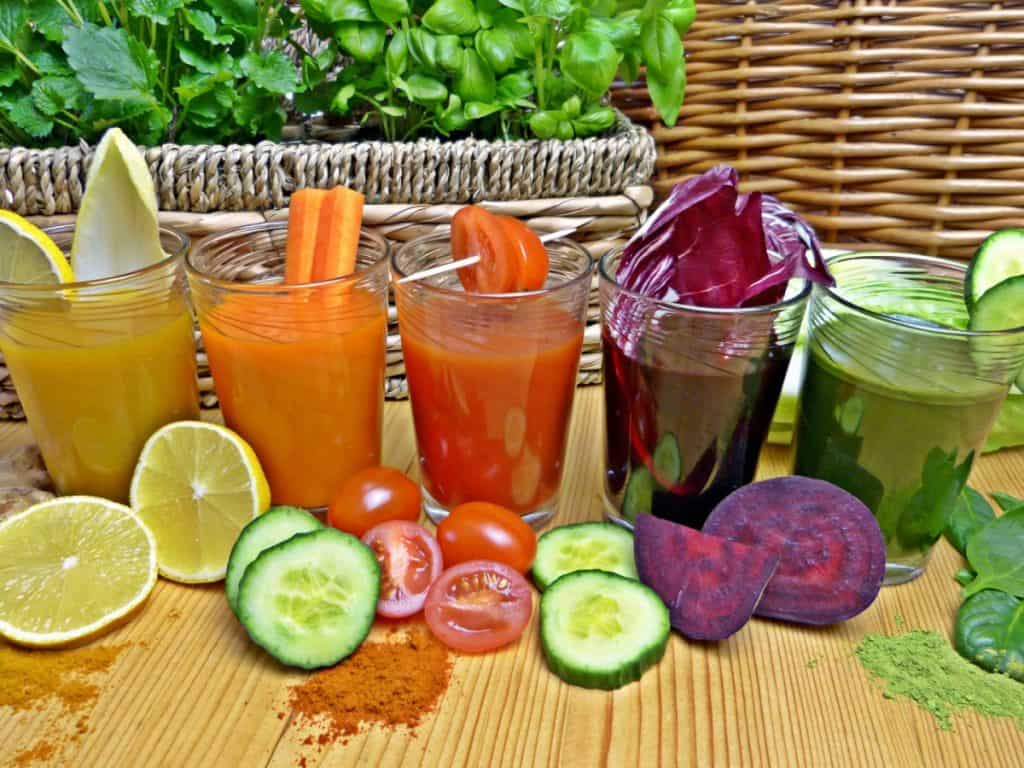
What form of vitamin C is the best?
The best vitamin C supplements are “buffered” with a mineral. This makes it less sour for your digestive system, which improves the rate of absorption. Examples of buffered vitamin C supplements are:
- Magnesium ascorbate
- Calcium ascorbate
- Potassium ascorbate
- Sodium ascorbate
In addition, vitamin C supplements benefit from added “bioflavonoids.” All fruits and vegetables that contain vitamin C also contain bioflavonoids, and these improve the effectivity of vitamin C. The best moment to take your vitamin C supplements is with a meal, for this ensures that it’s optimally digested and absorbed.
Does vitamin D help athletes?
Vitamin D doesn’t only influence your energy levels and mood, it also plays an important role in muscle growth and helps your immune system to fight bacteria and viruses. Accordingly, vitamin D is an important vitamin for athletic performance and for your overall health and wellbeing.
Still, many athletes are (regularly) deficient in vitamin D. This is because they are not in the right conditions for their skin to produce vitamin D from sunlight. Whether your skin actually produces vitamin D from sunlight depends on 3 factors:
- Skin color: the darker your skin, the better you are protected against sunlight and the harder it is for your skin to produce vitamin D.
- Age: both older people and children have a harder time producing vitamin D.
- The place on earth where you get sunlight: the closer you are to the sun, the more efficient the production of vitamin D. So, high in the mountains and close to the equator (if it’s not too cloudy) you are in a good spot throughout the year. But, if you are far from those places there will be many months a year that the sun is not intense enough for you to produce vitamin D.
The lack of vitamin D production during autumn and winter months far north and far south causes many to feel less joyful and energetic during those months. In the worst cases, this can even lead to bouts of “winter depression.”

When do you need Vitamin D supplementation?
- If your skin makes little vitamin D because it’s very young, old, or dark;
- If you spend most sun hours inside and/or with your skin covered;
- If you are far away from the sun between autumn and spring;
- If you feel like you need extra resistance to bacteria and/or viruses.
The RDI of vitamin D is 400-800 IU. You can easily get this from food, particularly from the fishes trout (650 IU per serving), salmon (570 IU per serving), and sardines (200 IU per serving). Also chicken eggs contain 40-50 IU per piece, about the same as a serving of beef liver.
However, research shows that the optimum intake of vitamin D is far higher, between 1.000 – 4.000 IU. For this you probably need supplementation. Liquid supplements get absorbed better than capsules or tablets, and vitamin D3 (“cholecalciferol”) is more bioavailable than vitamin D2 (“ergocalciferol”).
There is one more source to get vitamin D from: mushrooms. While fresh mushrooms only contain 10-100 IU per 100 grams, sun-dried mushrooms can contain up to 46.000 IU per 100 grams! This means that you can dry fresh mushrooms in the summer sun, and eat them as delicious supplements in the winter (see article linked above).

Is fish oil good for fighters?
Yes, omega 3 helps to keep the brain healthy and functioning optimally, which is a particularly important for fighters getting hit to the head! Also, it increases blood (and thus oxygen) flow to the muscles, improves muscle recovery and growth, and reduces inflammation from exercise induced stress.
Since it is hard to get enough omega 3 from food alone, fish oil provides the most cost-effective supplementation. However, make sure that you have a brand that filters and tests the oil for contamination, like Nordic Naturals. If you have more to spend, krill oil provides a more bioavailable alternative to fish oil. For vegans, the best supplements are made from algae oil, for these are more bioavailable than flax seed oil.
Besides supplementing it is important to eat omega-3 rich foods too. The best food sources for omega-3 are:
- Wild-caught fatty fish: sardines, salmon, and mackerel
- Algae: chlorella, phytoplankton, seaweed, nori
- Nuts and seeds: walnuts, flax, chia and sacha inchi seeds
- Wild or grass-fed red meat
Supplements are an addition
Remember, supplements are an addition to your diet, not a replacement. The foundation of your nutritional needs you should always get from a varied diet focused on whole food products. This will yield the best results, both for your health and for your performance.
Still, much of our foods are not as nutritious as they used to be . Thus, supplementing can offer many benefits, particularly if you:
- Train and/or do hard physical work for 3+ times a week
- Have a hard time maintaining a varied diet
- Not get to rest/recover as much as you need to
- Deal with (chronic) disease
- Travel a lot or prepare for a long journey
- Are not outside so much and/or have a hard time making vitamin D
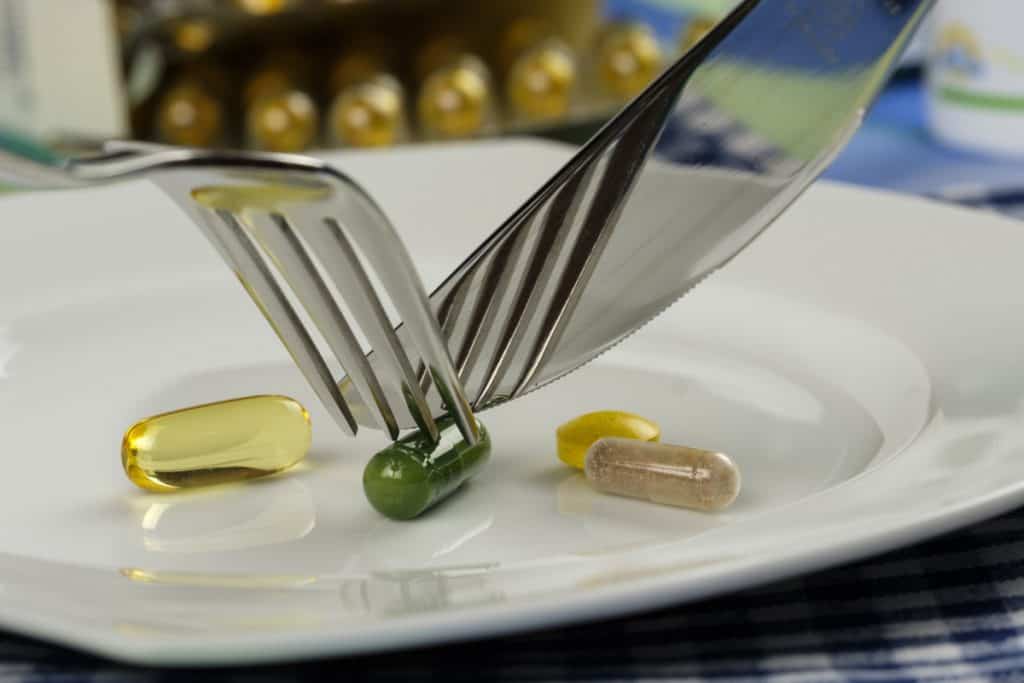
- Written by Merlijn Broersma
Recent Posts
Previous articles have discussed pre- and post-workout meals, fight day nutrition, and how to train without eating anything at all, so called “fasted workouts.” That means that there’s one...
Earlier I wrote articles on what to eat before a fight and before and after a regular training. However, there are also benefits to not eating anything before training and even continuing to fast...